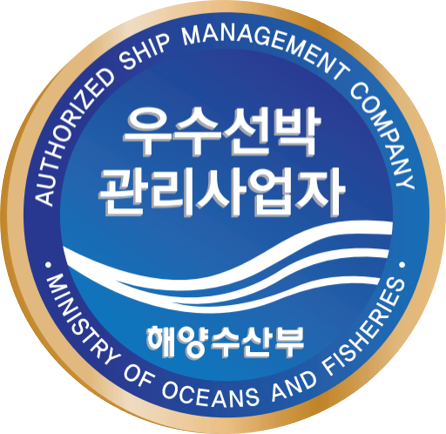Amendments in California’s Marine Invasive Species Program enter into …
페이지 정보
작성자 최고관리자 댓글 0건 조회 1,533회 작성일 20-12-11 19:24본문
Amendments in California’s Marine Invasive Species Program enter into force in January
The regulatory amendments in section 2298.5 in Article 4.8 of Title 2, Division 3 of Chapter 1 of the California Code of Regulations enter into force on 1 January 2021.
This will change the way ships should submit information through the Marine Invasive Species Program Annual Vessel Reporting Form.
Ballast | 04/12/20
The California Marine Invasive Species Program (MISP) is a multi-agency program designed to prevent the introduction of nonindigenous species into State waters from vessels 300 gross registered tons and above that are capable of carrying ballast water.
The amended regulations require the annual submission of the Marine Invasive Species Program Annual Vessel Reporting Form to be made through the web-based platform MISP.IO at least 24 hours prior to a ship’s first arrival at a California port during each calendar year.
See also: California’s penalty rise concerning oil spill offences comes into force 1 Jan. 2021
------------------------------------------------------
California’s penalty rise concerning oil spill offences comes into force 1 Jan. 2021
The Swedish Club reminds of the increase criminal penalties for oil spill related offences that will come into force in 1 January 2021, calling shipowners and all interested parties to be aware of this change.
Regulation | 04/12/20
Specifically, the Club informs that the International Group (IG) Clubs have considered the potential impact on cover for pollution risks of this new legislation.
The IG Club also expresses its concerns over the fact that it is not appropriate to seek to amend the existing limit of cover to respond to this significant but nonetheless isolated new piece of legislation.
They note that
Any such amendment would in any event be impossible to achieve within the current confines of the global reinsurance markets if sufficient cover were to be required to respond in full to the maximum level of fines that might potentially be levied by the Californian courts for accidental pollution.
Yet, it is highlighted that there is already cover of US$1 billion per ship per incident for oil pollution damage, which covers response costs and third party claims as well as fines where they fall under Club Rules, and all limits of liability under OPA ’90 regardless of ship type remain capable of cover well within this capacity.
The California Courts have substantial discretion to consider relevant aggravating and mitigating circumstances relating to a pollution incident when determining the amount of fines.
These considerations include
- the degree of culpability including the events leading up to the incident
- prompt and accurate reporting
- effective response and clean-up efforts
- prompt and fair compensation to damaged parties
- remedial efforts towards natural resources
- the spilling party’s financial ability to pay.
The IG is also continuing to take active steps in conjunction with coalition partners to explore the possibility of addressing industry’s concerns arising from this new law, although it remains clear that any such steps will not affect the entry into force date of the new law in California.




